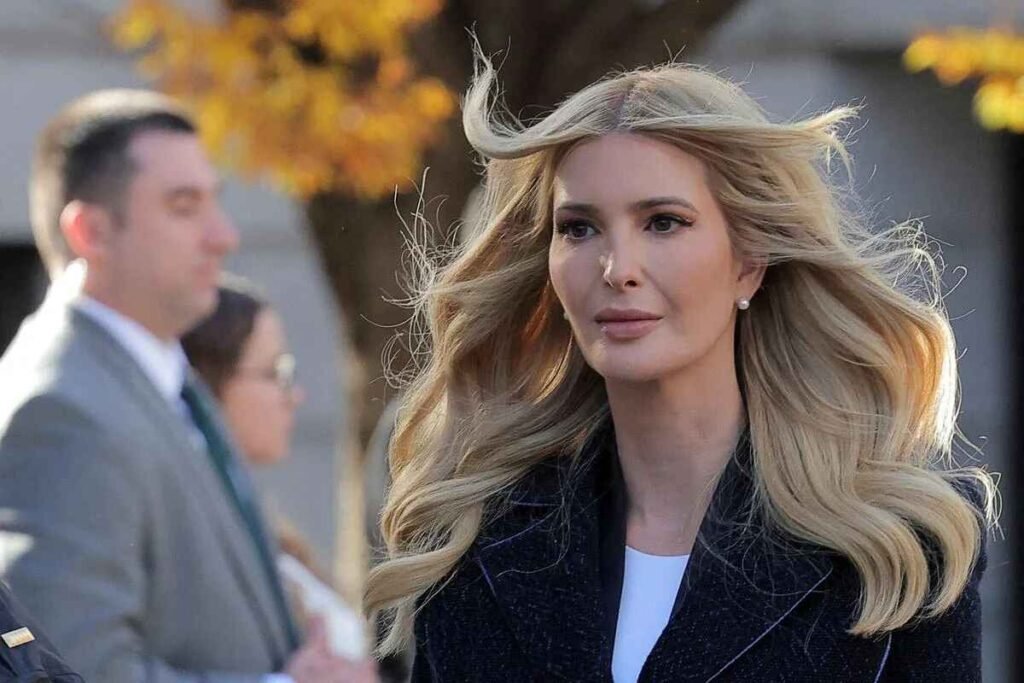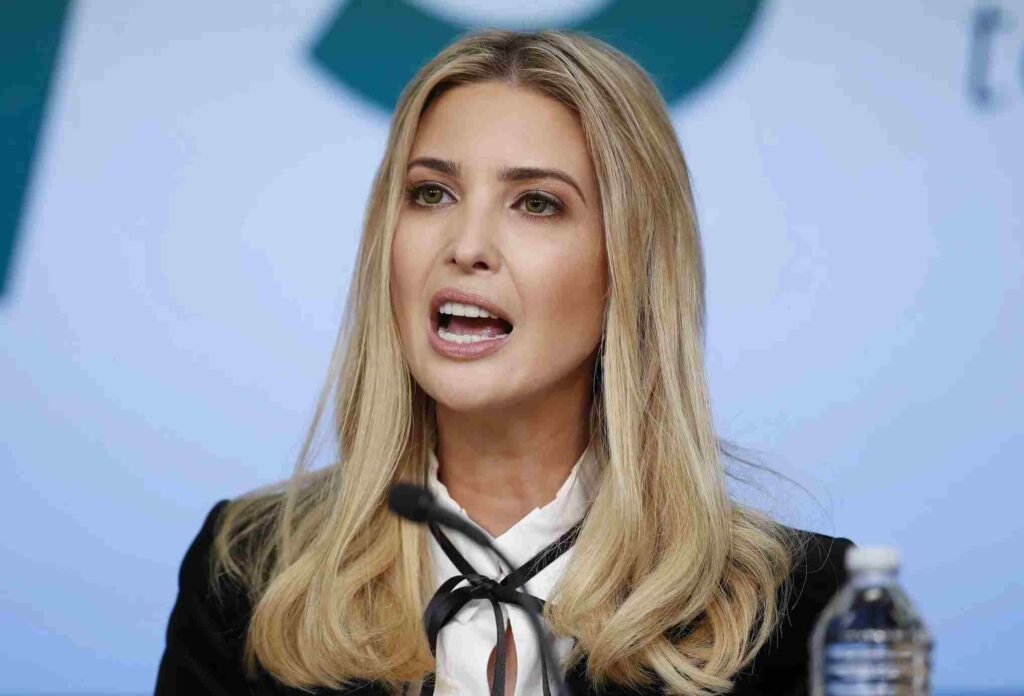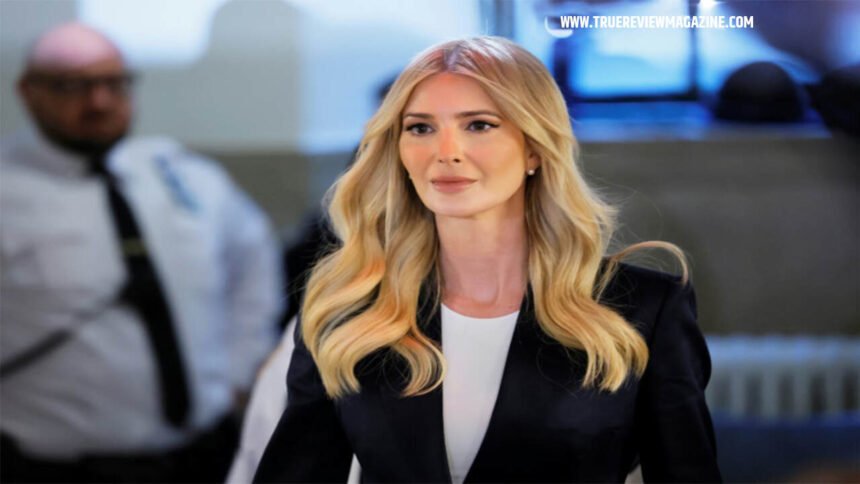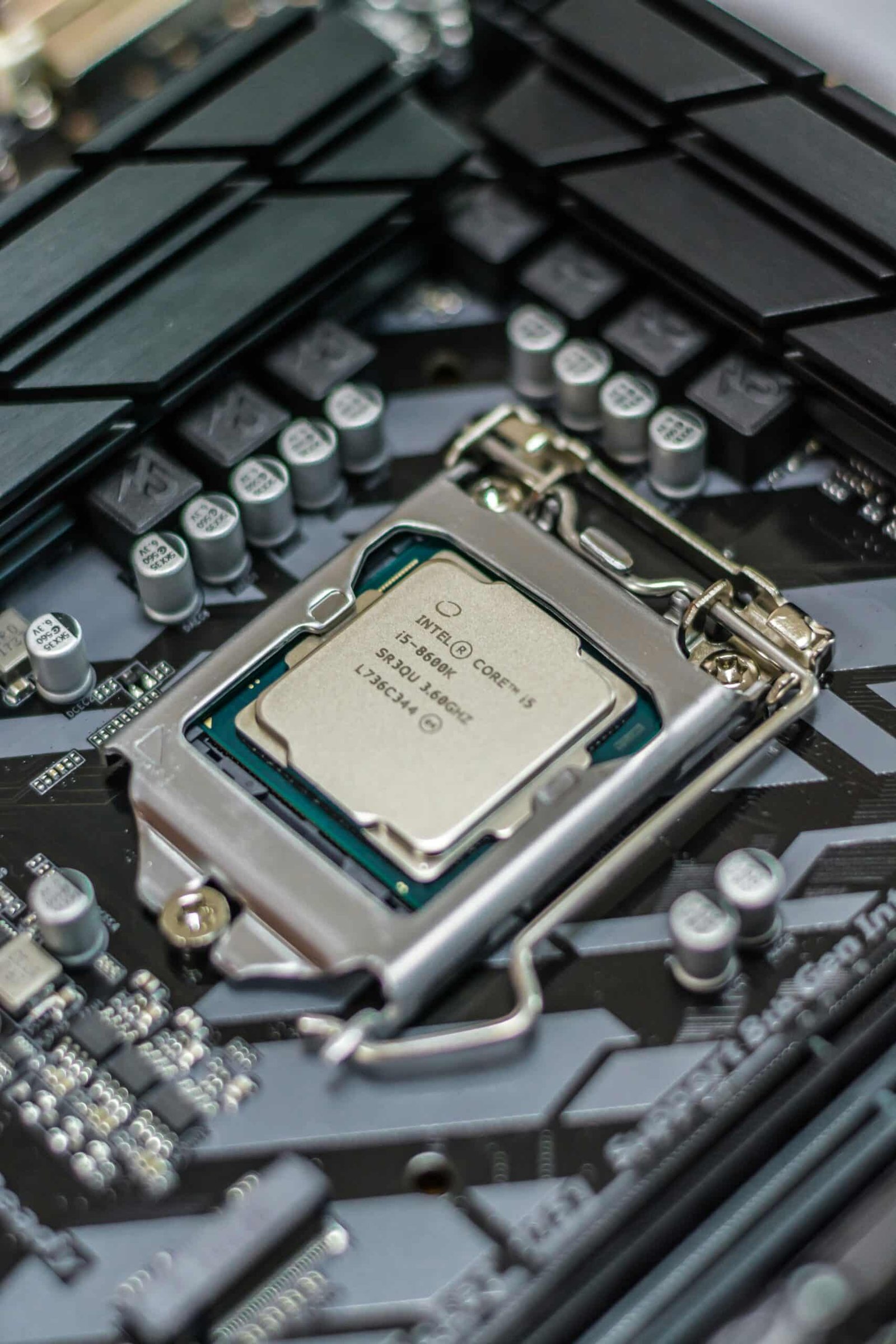During Ivanka Trump’s four-hour testimony on Wednesday, one phrase stood out in her responses: “I don’t recall.” In the midst of a civil fraud lawsuit initiated by New York’s attorney general, accusing former President Donald Trump of inflating his net worth to secure favorable loans, Ivanka became the fourth Trump family member to take the stand.
In stark contrast to her father and brothers, who exhibited various emotional responses during their testimonies, Ivanka adopted a distinct demeanor. She maintained a composed and courteous presence, often offering smiles to the judge and other court officials. Her responses were delivered in a calm and occasionally monotone voice, a contrast highlighted by University of Richmond law professor Cal Tobias, who noted the difference from her father’s earlier testimony. Ivanka refrained from contentious exchanges with the judge or the attorney general’s counsel and steered clear of political statements, consistently upholding the decorum of the court proceedings.
While Ivanka’s style was different from her family members, her testimony shared a common thread: a lack of recall concerning the issues in question. When questioned by prosecutor Lou Solomon about her knowledge of her father’s financial statements at the heart of the case, she consistently responded with variations of “I don’t know” and “I don’t remember.”

For example, when asked if she played a role in preparing her father’s financial statements, her response was, “Not that I’m aware of.” Likewise, when questioned about reviewing her father’s financial statements before finalization, she replied, “I don’t recall.”
The strategy of asserting a lack of recall is a familiar one in business cases. Executives often argue that they handle a multitude of issues and interact with numerous individuals daily, signing various documents. Eric Chaffee, an expert on white-collar crime and a professor at Case Western Reserve University in Ohio, emphasized the importance of this defense, suggesting that it is a prudent legal tactic. By consistently asserting a lack of recollection regarding instances and documents, Ivanka can provide potentially truthful responses while safeguarding her reputation and supporting the defendants.
Furthermore, the timing of the instances and documents discussed in court dates back ten or more years, making Ivanka’s lack of recall entirely plausible. At one point during her testimony, she humorously explained that she couldn’t remember a call because it occurred over 12 years ago when she was nine months pregnant with her first child.

Experts interviewed by the BBC believe that Ivanka’s testimony is unlikely to have a significant impact on the overall trial. Ty Cobb, a lawyer who previously represented Mr. Trump but has since criticized him, expressed the view that Ivanka’s testimony would likely have “zero impact” on the final outcome of the case. He also noted that her testimony, which she had tried to avoid, might inadvertently work against the prosecution in the court of public opinion.
Cobb voiced concern that her compelled testimony, given its perceived lack of relevance, could align with the narrative that this legal proceeding is a political witch hunt, potentially reinforcing the Trump camp’s claims.
Ivanka Trump was the final witness called by the attorney general’s office, and it is now the defense’s turn to present their own witnesses.
All in all
Ivanka Trump’s recent testimony in a civil fraud lawsuit, where she employed a legal strategy of selective memory. Despite the contrasting demeanor of her family members, her responses were marked by a consistent lack of recall. We explore the significance of this approach in business cases and the implications of her testimony. Experts’ views on the trial’s outcome are also discussed, shedding light on the potential impact of her testimony. As the case unfolds, it remains to be seen how these dynamics will influence the legal proceedings and public perception.
Click here: https://truereviewmagazine.com/










